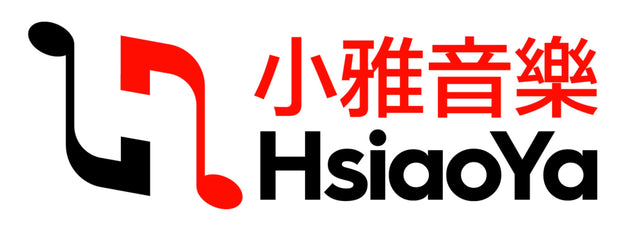Sonata for solo cello 奏鳴曲 大提琴 大提琴獨奏 朔特版
來自 Schott Music
$960TWD
-
$960TWD
$960TWD
$960TWD
-
$960TWD
$960TWD
作曲家: Larcher, Thomas
樂器: cello
出版社: Schott Music
I do not compose my pieces for a certain voice range or orchestration, but for musicians, for people. It is almost impossible for me to produce a piece without having a particular person in mind or to hear him/her inwardly. No matter how standardized the interpretation of classical music is, and no matter how many coordinates have been fixed and defined, I do not want to have them seen (and therewith the notation) as determining and limiting signs, but rather as guideposts towards the creation of vital, organic music. In differentiated music, two participants are necessary in order for a piece to evolve-- the composer and the musician. Just as there is no one way for a composer to express himself or to notate music, etc., neither is there one way for a musician to read the notation, to interpret, or to live. We find ourselves, for this reason, in a network of meanings, gestures, and signs which have to be fathomed and expanded together. The tone, the breath, the gestures, the dedication, and the potentialities of a musician were also ultimately decisive for the form of this piece. It is music which pushes the expressive and technical possibilities of the instrument to its very limits. It is music in which the musician has to transport the contexts and expression over and above the notation. It was not necessary for me to find a new form for this piece; it is a work which can and should be performed in a normal concert situation. I deliberately wanted to integrate the perhaps new and unusual content into a familiar form (thus the title Sonata) And I also wanted to embed the aforementioned extreme situations (in which the technical extremes are synonyms for tension, isolation, loss or tenderness) in an organic process in order for the listener to be able to empathize with and comprehend what is expressed in the piece. I would like to thank Natalie Clein, to whom the Sonata is dedicated, for inspiring this piece and for the path that led to the realization of the music. Thomas Larcher
樂器: cello
出版社: Schott Music
曲目:
I flowing - II very fast - III flowing
I do not compose my pieces for a certain voice range or orchestration, but for musicians, for people. It is almost impossible for me to produce a piece without having a particular person in mind or to hear him/her inwardly. No matter how standardized the interpretation of classical music is, and no matter how many coordinates have been fixed and defined, I do not want to have them seen (and therewith the notation) as determining and limiting signs, but rather as guideposts towards the creation of vital, organic music. In differentiated music, two participants are necessary in order for a piece to evolve-- the composer and the musician. Just as there is no one way for a composer to express himself or to notate music, etc., neither is there one way for a musician to read the notation, to interpret, or to live. We find ourselves, for this reason, in a network of meanings, gestures, and signs which have to be fathomed and expanded together. The tone, the breath, the gestures, the dedication, and the potentialities of a musician were also ultimately decisive for the form of this piece. It is music which pushes the expressive and technical possibilities of the instrument to its very limits. It is music in which the musician has to transport the contexts and expression over and above the notation. It was not necessary for me to find a new form for this piece; it is a work which can and should be performed in a normal concert situation. I deliberately wanted to integrate the perhaps new and unusual content into a familiar form (thus the title Sonata) And I also wanted to embed the aforementioned extreme situations (in which the technical extremes are synonyms for tension, isolation, loss or tenderness) in an organic process in order for the listener to be able to empathize with and comprehend what is expressed in the piece. I would like to thank Natalie Clein, to whom the Sonata is dedicated, for inspiring this piece and for the path that led to the realization of the music. Thomas Larcher
